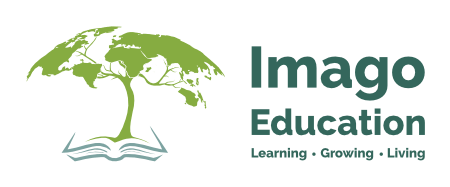How can we help you?

Expert tutoring
Qualified, experienced tutors to guide students to excellence in their studies.
- Subjects offered: English, History, Biology, Mathematics, Physics, Chemistry
- Focus on British Curriculum IG and AS-Levels
- Some of the middle school grades also covered

Seminars
We are excited for upcoming seminars in 2025! Seminars you can look forward to in 2025 include
- Career fair
- Fundamentals of homeschooling
Details will be announced.

Articles
We offer a growing body of articles related to homeschooling to equip, encourage and inspire you on your homeschooling journey. Topics include
- Educational principles for homeschooling success
- University entrance and school-leaving questions
- How to work with the British Curriculum
- Homeschooling in the primary and middle school years
- How to solve practical problems related to homeschooling
Gallery
Building molecular models
Chiara’s books
Biology experiments
Microscope work

Our mission
Our mission is to empower homeschooling families
for joyful and effective learning
that prepares young people
for a life of purpose and fulfillment.
To put it simply, we long to see young people learning, growing, living!
